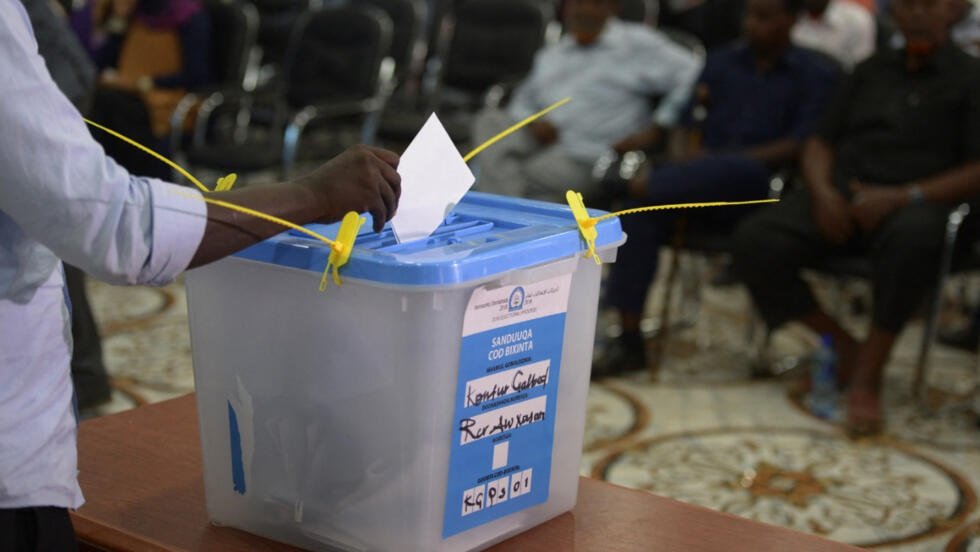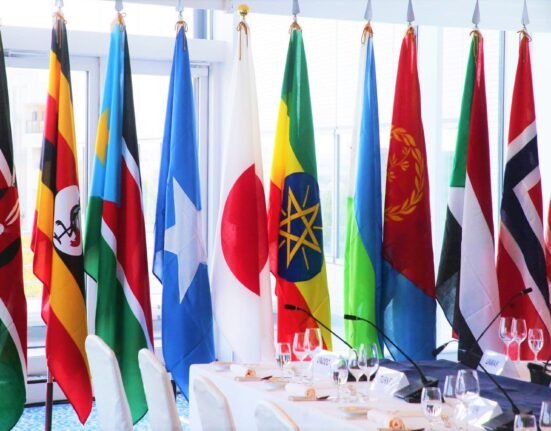As Somalia seeks stability and democratic governance, its electoral system plays a crucial role in shaping the country’s political landscape. Since its establishment, the system has experienced numerous challenges and accomplishments, necessitating a comprehensive examination. This article aims to assess the achievements and failings of Somalia’s electoral system, shedding light on its progress and identifying areas for improvement.
Electoral Achievements:
1. Transition from Clan-based System: One of the significant achievements of Somalia’s electoral system is its gradual shift from a clan-based model to a more inclusive electoral process. This move aimed to overcome longstanding clan rivalries and promote greater representation of diverse communities within the political framework.
2. Adoption of Universal Suffrage: Somalia’s electoral system has made commendable progress by adopting the principle of universal suffrage. Although still in its early stages, this development signals a move toward a more inclusive and democratic society, allowing all citizens to exercise their right to vote.
3. Election of the Federal Parliament: The successful conduct of parliamentary elections in 2021 demonstrated Somalia’s commitment to democratic practices. This electoral milestone paved the way for the appointment of legitimate representatives tasked with drafting and implementing laws that promote national harmony and development.
4. Enhanced Security Measures: Over the years, the implementation of stringent security measures during electoral processes has witnessed positive outcomes. This has led to increased public confidence in the system and a reduction in electoral violence, allowing citizens to exercise their voting rights without fear.
Failings and Challenges:
1. Insufficient Voter Education: One of the most significant challenges facing Somalia’s electoral system is the lack of widespread voter education. A significant percentage of the population remains uninformed about the electoral processes, resulting in voter apathy and disenfranchisement. This issue requires urgent attention to ensure citizens can actively participate and make informed choices.
2. Limited Women’s Participation: Despite efforts to promote gender equality, women’s representation within Somalia’s electoral system remains alarmingly low. Cultural barriers, patriarchal norms, and security concerns thwart the meaningful inclusion of women in politics. Addressing this issue is crucial to achieving a truly representative and inclusive democracy.
3. Regional Inequalities: Somalia’s electoral system often exacerbates long-standing regional divides. Limited representation from certain regions, coupled with a disproportionate allocation of resources, perpetuates grievances and hinders national unity. Mitigating these regional disparities is instrumental in fostering a fair and equitable electoral system.
4. Vulnerability to Corruption and Manipulation: Weak institutional structures, lack of transparency, and political interference pose significant challenges to Somalia’s electoral system. These factors create an environment vulnerable to corruption, vote-buying, and manipulation. Strengthening oversight mechanisms, implementing strong anti-corruption measures, and independent monitoring can help address these challenges.
Somalia’s electoral system has made notable achievements in transitioning away from its clan-based model, adopting universal suffrage, and facilitating parliamentary elections. However, tackling the concerns of limited voter education, women’s underrepresentation, regional inequalities, and corruption remains critical for the system’s growth and credibility. Overcoming these challenges will pave the way for a more participatory, inclusive, and transparent electoral system capable of fostering democratic values and ensuring the voices of all Somalis are heard.






